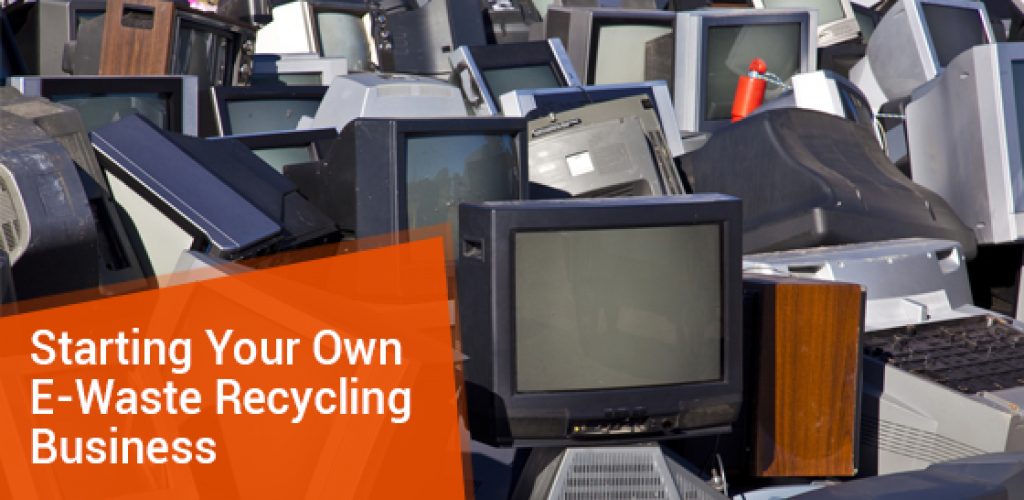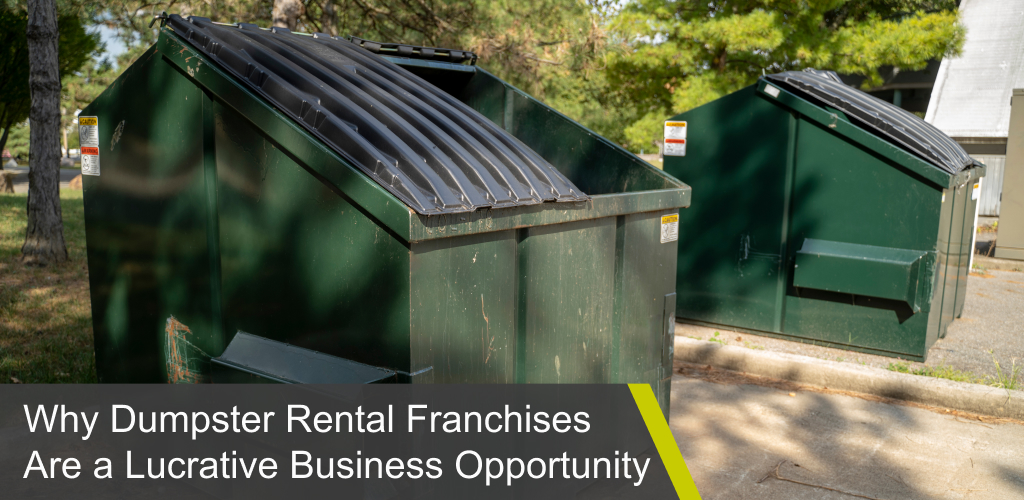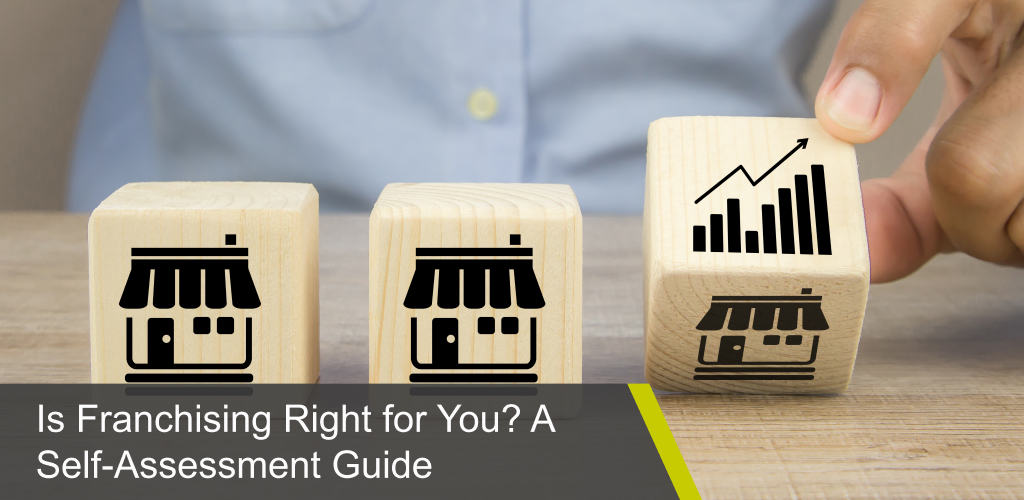How To Start An E-Waste Recycling Business

With millions of items of electronic waste, in the form of broken televisions, old computers, and unused mobile devices, hitting the landfills every year rather than going to recycling centres, you may wonder where the problem lies. Perhaps there aren’t enough recycling centres for people to easily access. If this is the case, why not start your own e-waste business?
Here are some things to note when starting an electronics waste business:
- Get the necessary information and knowledge
To be successful in electronics recycling, you need to have a thorough understanding of both the consumer electronics and recycling industries. Conduct thorough research to get working knowledge of these industries, including the components and manufacture of consumer electronic equipment; issues affecting the current and future electronics markets; and factors affecting recycling markets, such as the volatility of recycled items. Acquiring such vital knowledge will provide insight as to the type of electronics recycling business you will start, the competition, and the scale of operations you need for the business to sustain itself.
- Identify the electronic recycling services you will offer
There are numerous recycling strategies when it comes to electronic waste, and you can choose to offer one or a combination of these services, including:
- Collection – taking used electronics from consumers
- Refurbishing and resale – assessing electronics for resale as is or after minor repairs and upgrades (refurbishing)
- De-manufacturing – disassembly of components for processing as scrap or resale
- Shredding – tearing up whole units and selling commodity streams for recycling
- Asset recovery – managing obsolete or surplus property from large companies
- Brokering – selling used electronic devices or components to other vendors
When looking at these strategies, also find out who the paying customer is: large business, small business, government, other recyclers or consumers. This will help you determine the size of your business and the volume of inventory.
- Research provincial and federal laws concerning electronic recycling
Once you know your business strategy, investigate the legal requirements for you to put up that kind of business in your area. Consider the entire process, including the necessary licenses or permits, inspection requirements, and where to dispose of hazardous substances such as heavy metals.
- Create a business plan
This will help you organize the finer details of your business. You will need to look at:
- The geographic area you intend to serve
- Your business’ competitive edge
- Your potential suppliers and buyers
- The volume and type of electronics to deal in
- Your ability to get skilled/unskilled labour
- The capital requirements and how to finance the business
- Potential business partners/garbage disposal companies in the area
- Your marketing plan
When you have figured out enough to start the business, ensure you run it ethically and legally. Although recycling is a good act in itself, shipping toxic substances overseas or using middlemen to perform dubious transactions shows blatant disregard for environmental protection laws.













